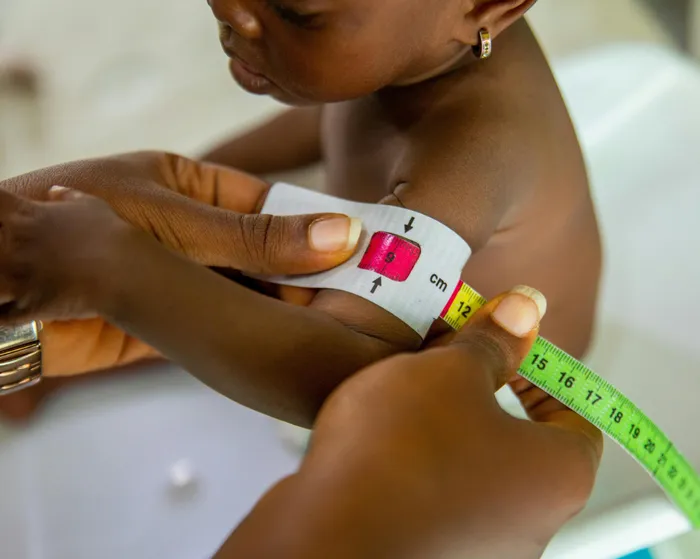The price of poverty is paid in the cradle

The comprehensive research, which tracked over 2 000 families from pregnancy through to toddlerhood, highlights the significant role that parental stress plays in a child’s development.
Image: pexels
In a world where financial strain often dictates the rhythm of daily life, its impact reaches far deeper than mere statistics; it shapes the very foundations of childhood. A pivotal study published by the National Library of Medicine has unveiled a concerning truth: growing up in financial hardship can trigger emotional and behavioural problems in children as young as three years old. This finding underscores the pressing need to address the complexities of poverty that extend well beyond just financial lifelines.
The comprehensive research, which tracked over 2 000 families from pregnancy through to toddlerhood, highlights the significant role that parental stress plays in a child’s development. Mothers burdened by financial challenges were found to experience elevated levels of depression and parenting stress, often resulting in harsher disciplinary methods. Such strains ripple through family dynamics and manifest as emotional and behavioural difficulties in children, leading them into a cycle of challenges that could follow them into later life.
Moreover, the study makes it clear that financial deprivation is not merely about what’s missing from a bank account. A lack of educational materials—books, toys, and learning resources—inescapably contributes to heightened anxiety and withdrawal in children. The concept of “internalising problems” emerges here, where quiet struggles with anxiety and self-worth can inhibit learning, confidence, and future earning potential.
In countries like South Africa, where child poverty remains alarmingly persistent, these findings resonate on a deeply personal level. A recent 2024 South African study, also indexed by the National Library of Medicine, illuminated how behavioural issues in young children frequently arise from deprivation at home. Caregivers reported desperate situations where children would misbehave, lash out, or even steal due to hunger—a profound illustration of how emotional turmoil is intricately linked to unmet basic needs.
Researchers warn that simply raising household incomes will not suffice in rectifying these deep-seated issues. They emphasise the inadequacy of monetary solutions alone, suggesting that the broader family dynamics need to be addressed. The researchers poignantly note, “Interventions that focus solely on raising income levels may not adequately address problems in family processes that emerge as a result of economic disadvantage.”
For policymakers, the implications are clear and urgent. To foster genuine, lasting growth, they must prioritise the mental well-being of children in their formative years. Experts advocate for an integrated approach that combines income support with mental health care for parents and stimulating programmes for toddlers. This dual focus can nurture a cycle of positivity where healthier, less stressed parents are better equipped to raise emotionally stable, inquisitive children—the very backbone of a thriving economy.
Ultimately, the cost of poverty compounds over time, and the early years of life are critical. To break the cycle, we must start by investing not only in financial structures but in the emotional and psychological health of families. Despite the numbers and statistics, the heart of this issue lies in the simple fact that ensuring our children's overall well-being may be the most substantial investment we can make for a better future.
BUSINESS REPORT